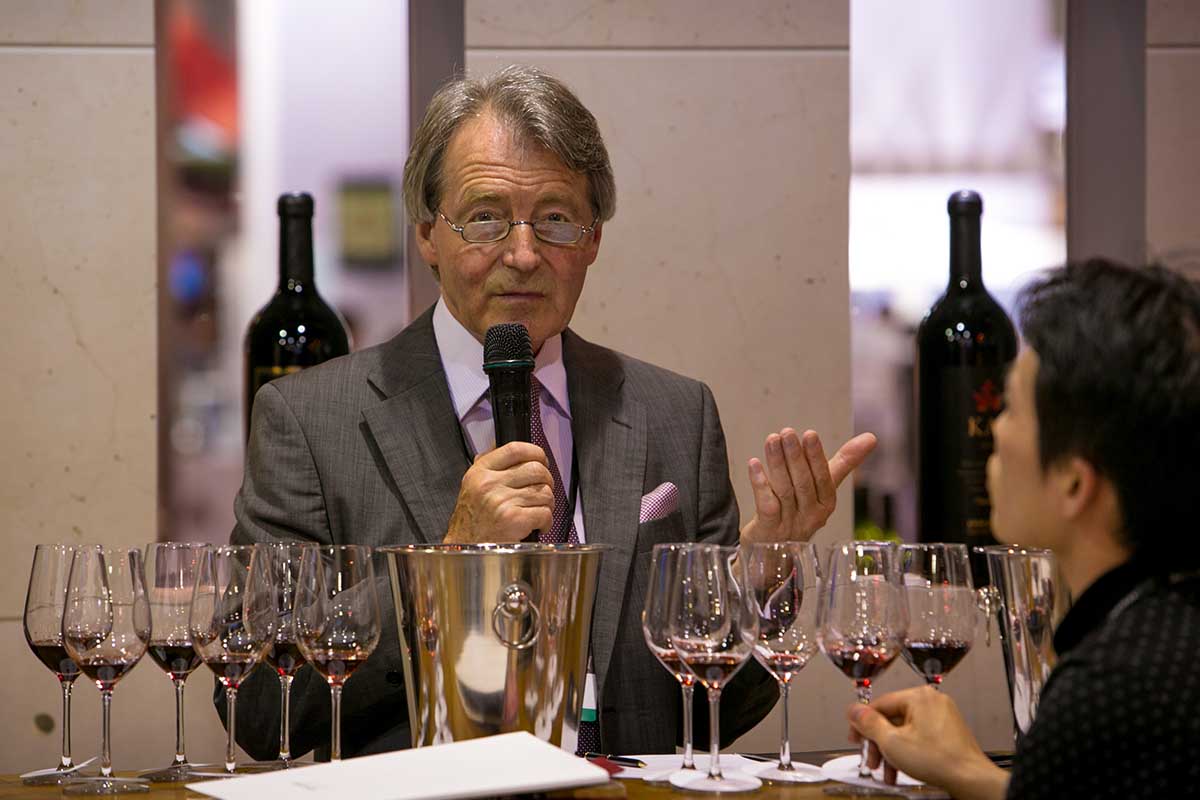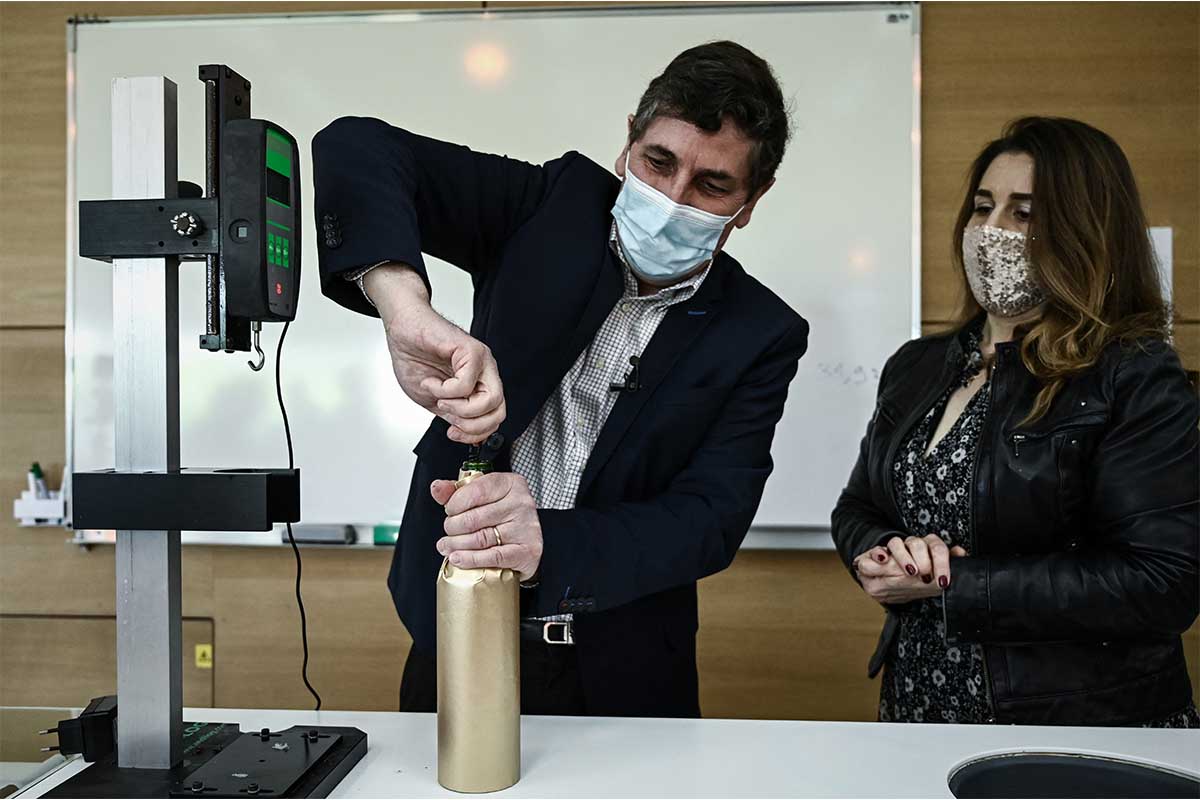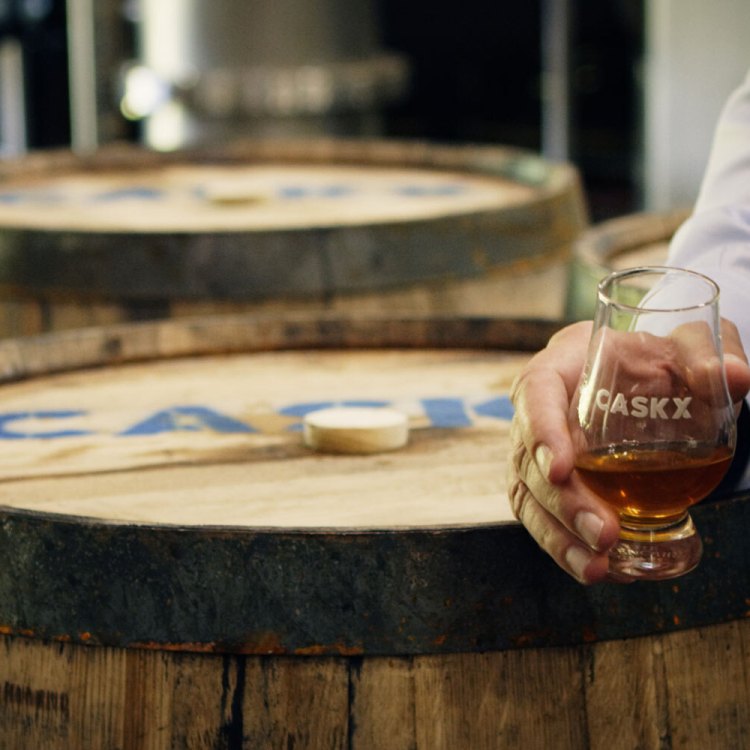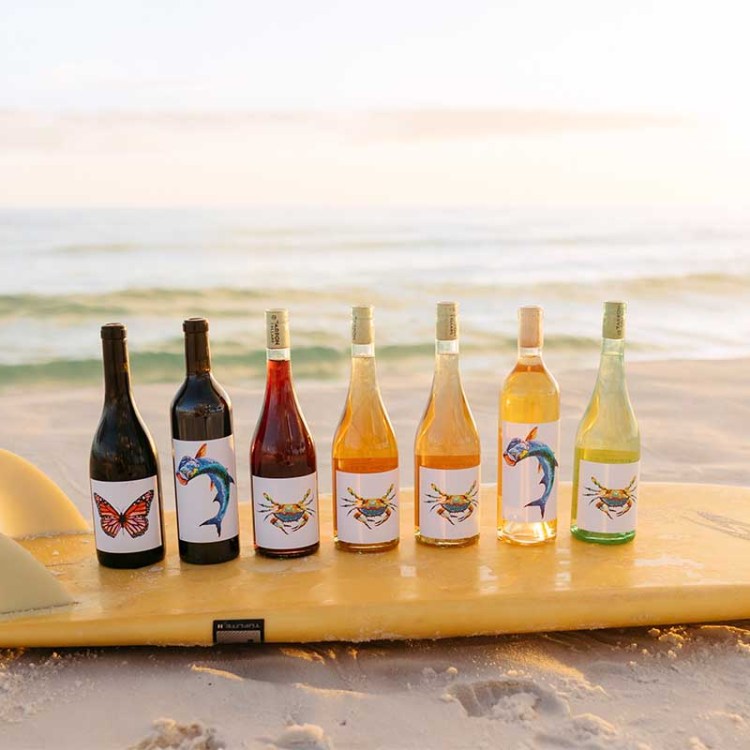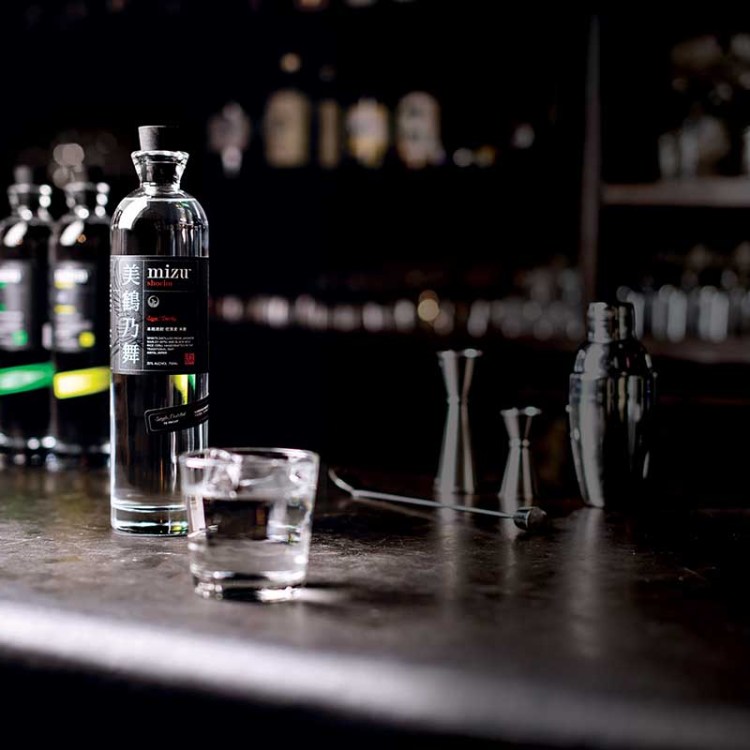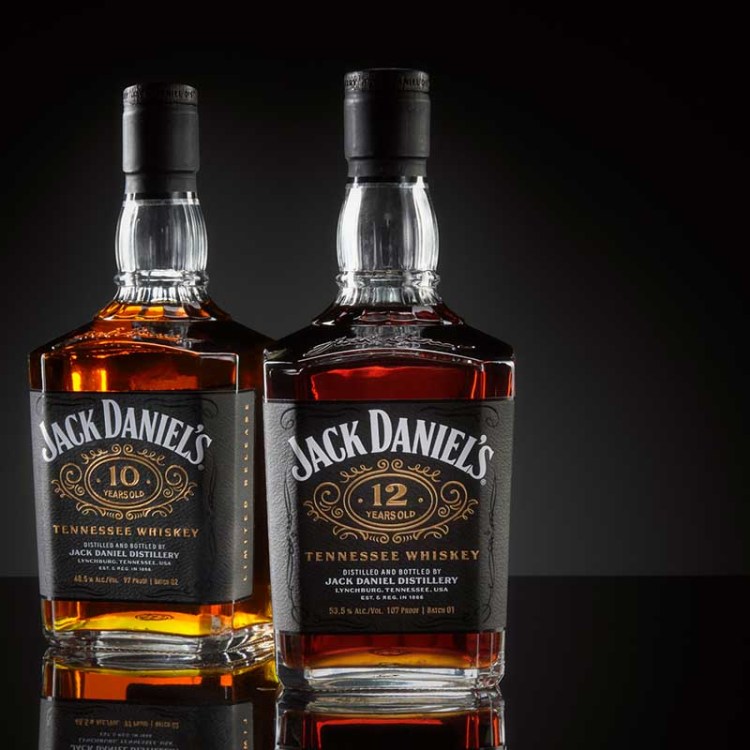In great news for cash-strapped hosts, so-called “cheap wine” can taste better if you tell the person they’re drinking something expensive.
That’s the conclusion reached in a recent academic study and after a tasting event at the University of Basel in Switzerland, as noted by The Drinks Business. The tasting featured 140 participants and three different low-, mid- and high-priced wines with open, deceptive or no price information given. Each wine was scored for taste intensity and pleasantness.
“Deceptive up-pricing of low-price wine significantly influenced ratings for pleasantness, whereas deceptive down-pricing of high-price wine had no effect on pleasantness ratings,” as the study notes.
In other words, if you told someone that your wine was four times more expensive than the real cost, they’d have a better experience with it. Granted, cost can reflect scarcity, labor, country of origin and other attributes that may not reflect “quality,” and five-dollar wine is rarely going to show complexity; that said, the study basically shows that an eager host can hype up a good but inexpensive bottle (if honesty isn’t a trait they cherish).
Or, as the study, concludes: “Thus, in wine may lay the truth, but its subjective experience may also lie in the price.”
Thanks for reading InsideHook. Sign up for our daily newsletter and be in the know.

